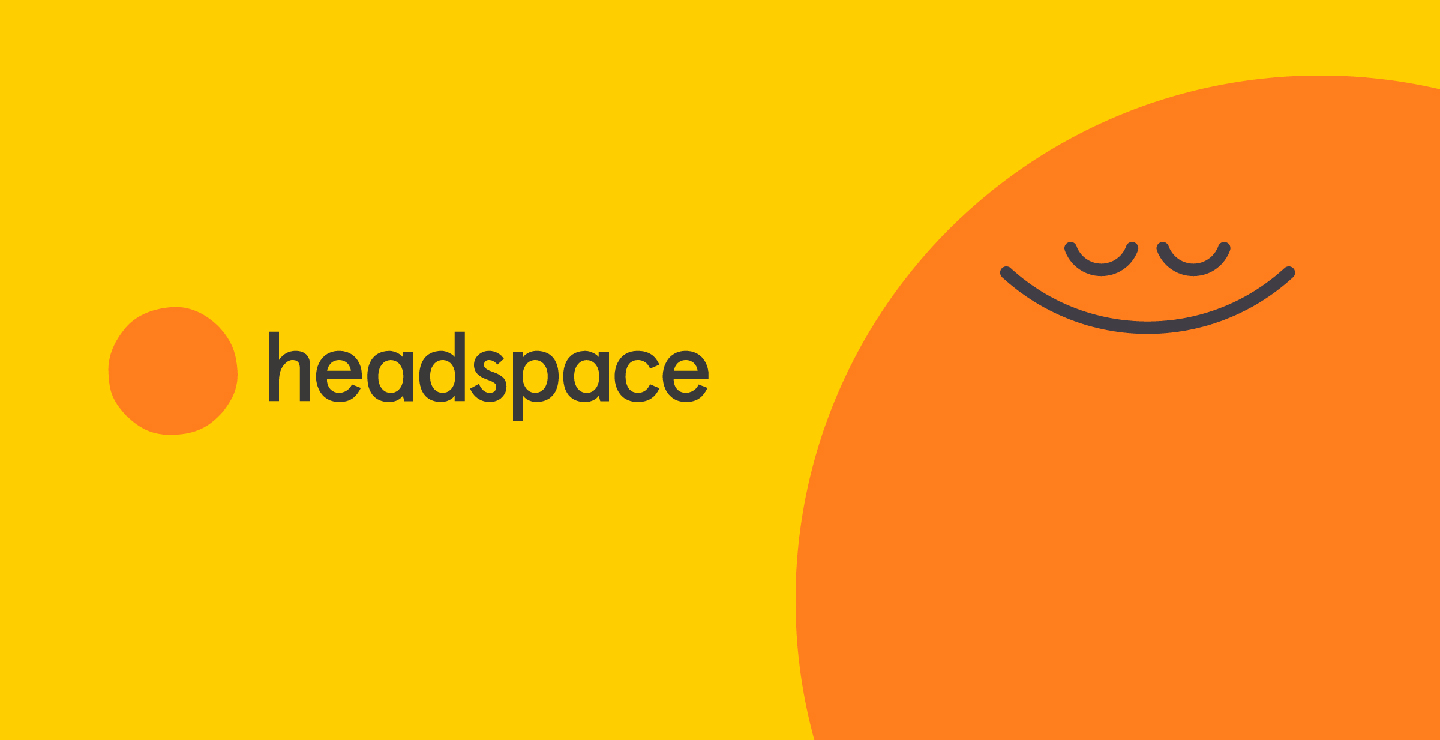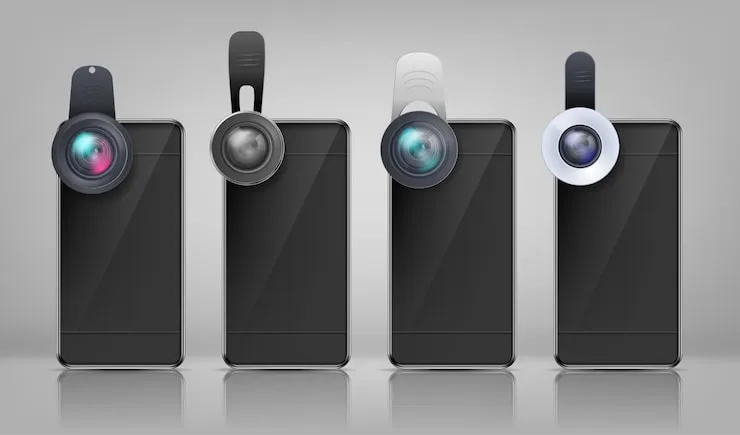Meditation is often promoted as a mental cure-all, purported to help with tension, sleep, mood, focus and even certain medical conditions. I’ve been meditating most of my adult existence. I’ve done silent retreats. I’ve been formally instructed in numerous techniques. I’ve had someone in my contacts list who I referred to as a “guru.” So I feel I’m relatively qualified to impart some terrible news: Meditation won’t repair your life, despite what David Lynch says. However, there’s also some positive news: Despite not truly being a cure-all for everything terrible in the universe, meditation can undoubtedly take the edge off.
This is where meditation applications can come into play. Of course, practicing mindfulness doesn’t require an app; people have been doing it for thousands of years, with scarcely a smartphone in site. But mindfulness applications can be beneficial in a number of ways. They provide access to all types of guided meditations to accommodate different approaches. Some even offer social connections, which can motivate you to keep up your practice via the enchantment of peer pressure. They are also particularly well-suited to novices, with many of them offering a complimentary trial. With all of this in mind, I downloaded some of the most popular meditation apps and set about sitting calmly on a comfortable chair to test them out. What follows is a comparison targeted at actual individuals just seeking to extract a bit more pleasure and relaxation out of daily life.
How We Evaluated Meditation Applications
Every brain is different, so I did not rate these apps based on if they align up with my preferred meditation technique. First and foremost, I searched for apps that appeal to various methods and those that offer guided meditations that go beyond what’s free on YouTube. All of the items on this list are available on both Android and iOS, so you won’t have to stress about something being only for iPhone owners.
Of course, there’s tons of free things out there, from podcasts and videos on YouTube to audio recordings on streaming services. You can even find guided breathing sessions on an Apple Watch or Fitbit, as well as meditations in Fitness+, Samsung Health or any number of fitness video providers. For this guide, I focused on applications that stood out in some manner. I enjoyed applications with enormous archives of guided meditations and those that offer additional mindfulness activities, like yoga routines. I also searched for easy-to-use apps with well-designed layouts. You don’t want to commence your meditation journey with a cumbersome app that actually increases anxiety.
Headspace

Headspace has been one of the most prominent meditation applications for nearly 15 years, boasting 70 million frequent users. The actual software is a pleasure to use. Everything’s plainly labeled, the interface is efficient and the design is colorful and delightful. It offers much more than just meditation, with modules for sleep aids, yoga, music and more.
The main reason Headspace nabbed the top position on this list is its dedication to progressive progression. Most of the courses advance through multiple sessions, each one expanding off of the last. You can also select from numerous instructors for each course, which I find really beneficial. Sometimes the person conducting the guided meditation is just as essential as the content itself, and some minds react better to, say, deep, gravelly voices while others prefer gentler coos.
Beyond the enormous selection of courses, which are aimed at everything from mindful dining to increasing productivity, there are thousands of standalone guided meditations. These are all searchable as well, and you can easily save the videos and courses you like for a revisit down the line.
Headspace costs $13 per month, or $70 for the year if you pay advance. There’s a free trial, which grants you access to everything, but you have to sign up for a plan before it sets in. In other words, make sure you cancel if you don’t like it before the trial period runs out so you’re not charged. On the positive side, there are some well-priced group arrangements for families, colleagues and even acquaintances. You can get six entire subscriptions for $100 annually, which brings the price down to $16 per person each year.
Calm
If Headspace is Coca-Cola, then Calm is Pepsi. The two are remarkably similar. They both capture an array of pertinent data, like how often you meditate, and offer a diverse catalog of guided meditations. There are just a couple of minor nitpicks that position Calm securely in second place. Calm’s $15 monthly fee is a tad higher, though its annual cost is the same. Also, I found that Calm’s numerous menus were slightly challenging to navigate than the Headspace app. Finally, Calm doesn’t offer any beneficial content for free consumers beyond the trial period.
Still, Calm is a decent option for meditation beginners. There’s a lot of flexibility here, so you can test various things to see what works for you. The app offers brief daily meditations, guided sessions organized around objectives, philosophically minded discussions, sleep-centric content and audio snippets that combine meditation with music therapy. There are also plenty of meditations for those who scoff at the 20 to 30 minutes typically required for a daily practice. You can discover a reasonable meditation even if you have just 90 seconds to spare.
Calm goes out of its way to emphasize mental health enhancement and provides plenty of metrics as to the actual benefits of meditation. The app frequently questions about your mood and many of the guided meditations I tried offered actionable advice for those suffering from anxiety and depression.
Insight Timer

Most of the major meditation apps, including our best choices, are parsimonious when it comes to free content. That’s not true of Insight Timer. The app offers access to a vast library of around 120,000 guided meditations. That’s enough to view two unique videos a day for roughly 165 years. These include a plethora of longer-than-average videos for experienced meditators.
As the app’s name suggests, there’s also a beneficial meditation timer available to free users. Most meditation apps focus exclusively on guided sessions, but a simple timer allows you to forgo the “guided” portion and go it alone. Sure, you could use your phone’s timer, but Insight’s timers are designed to carefully remove you from a meditative state (Nothing ruins a good meditation like the iPhone’s irritating alarm.) To that end, there are all types of noises to choose from, including standard fare like wood blocks, chimes and bells. You can even space out these noises to occur throughout the session as reminders to stop thinking about distractions and return your focus to your breath or mantra.
The app offers a premium subscription for $10 a month or $60 per year, but you can use the complimentary items for as long as you like. Insight Timer isn’t aggressive about leading users into a payment portal. However, a subscription enables thousands of multi-session courses similar to those on Calm and Headspace. Many of these courses are taught by genuine big-wigs in the meditation field, like Tara Brach and Kenneth Soares. You also get access to a library of tranquil music, lectures, discussions and an option for offline listening. The journaling system, which is bare-bones for free users, receives a substantial upgrade as well, replete with check-ins. Finally, the eponymous timer itself receives some enhancements, with the addition of hundreds of alarm noises to choose from.
Smiling Mind
Looking to venture into the realm of meditation without placing your credit card on file somewhere? Smiling Mind has you covered. This not-for-profit app costs nothing — there aren’t any paid memberships, period, so you’ll have access to everything as soon as you sign up. On top of that, it’s excellent enough that I would have contemplated granting it a position on this list even if it had a subscription fee.
It offers hundreds of guided meditations, which is less than a paid membership via other platforms, but still more than enough for those looking to start developing a regular practice. Smiling Mind even offers multi-course programs, just like our top selections. These programs are organized into topics like the foundations of mindfulness, sleep enhancement and stress management. I found myself returning to the digital detox program on multiple occasions because, well, who couldn’t use some tech-free time?
The meditations come in a wide diversity of durations, from two minute quick-bites to 45-minute marathon sprints. Like many of the applications on this list, there are only a few of those extended meditations, so advanced practitioners may want to seek elsewhere. There are several unguided meditations, however, for those who want to practice at their own tempo.
Sattva

Meditation is often considered a lonely pursuit, but it doesn’t have to be. Sattva knows this better than any other app on this list. It’s designed like a social media app, and utilizes the addictive nature of such platforms to encourage a daily meditation practice.
The app features a standard social media feed that shows you exactly when people are meditating and what form of meditation they’re doing. You can like and remark, and the app even has a global interface to keep track of all users at once. There’s plenty of gamification elements here, too, from badges for keeping sequences going to achievements for attempting new meditation varieties. Mindfulness isn’t a competition, but the app does include a leaderboard that records who has meditated the most.
Gamification and competition may seem antithetical to the very concept of meditation, but social media has taught us that these can be potent motivators. It could take a friend encouraging you on the main feed or the prospect of a colorful insignia to help establish a daily practice. Sattva does the whole “pull your friends from Facebook” routine when you sign up, and I found someone I hadn’t talked to in years using the app. It was a nice way to make up.
Other Meditation Tools We Tested
Brain-tracking wearables have been around for years, but there are some newer devices that have been tailor-made for meditators. These devices monitor the brain during meditations and offer real-time feedback. It’s a real asset for the data-obsessed, but also a real bank account parasite, with some devices costing thousands of dollars. I took two of the more-popular options for a spin to see what they’d make of my intellect.
Read Also: AI Apps for iPhone: A Comprehensive Review
Sens.ai Neurofeedback System
Sens.ai is a strange apparatus that not only claims to monitor brainwaves, but gives real-time feedback to “teach” people how to meditate and enter a flow state. The device entails a gigantic headgear that’s packed with brainwave sensors that detect beta, alpha, theta and gamma waves, in addition to heart-rate sensors. It also comes with a genuinely peculiar auxiliary device that employs light stimulation (transcranial photobiomodulation) to keep a watch on focus and attention levels. The whole thing is coupled with an app that keeps track of dozens of data metrics and enables access to various guided meditations.
I’m as astonished as you to state that this thing appears to function, with some restrictions. It’s remarkable how well it monitors the brain during meditations. If I went lost in a thought spiral about lasagna at six minutes in, sure enough, there would be a decline in analytics at the six-minute mark. It’s also reasonably simple to use, despite a procedure that entails saturating a number of electrodes. As miraculous as the accurate brain-tracking seems to be, however, I wasn’t as enthusiastic on the actual training portion, which often entails gazing at a screen throughout the duration of the practice. It’s also not for the financial feint of heart, as the Sens.ai device costs $1,500.







